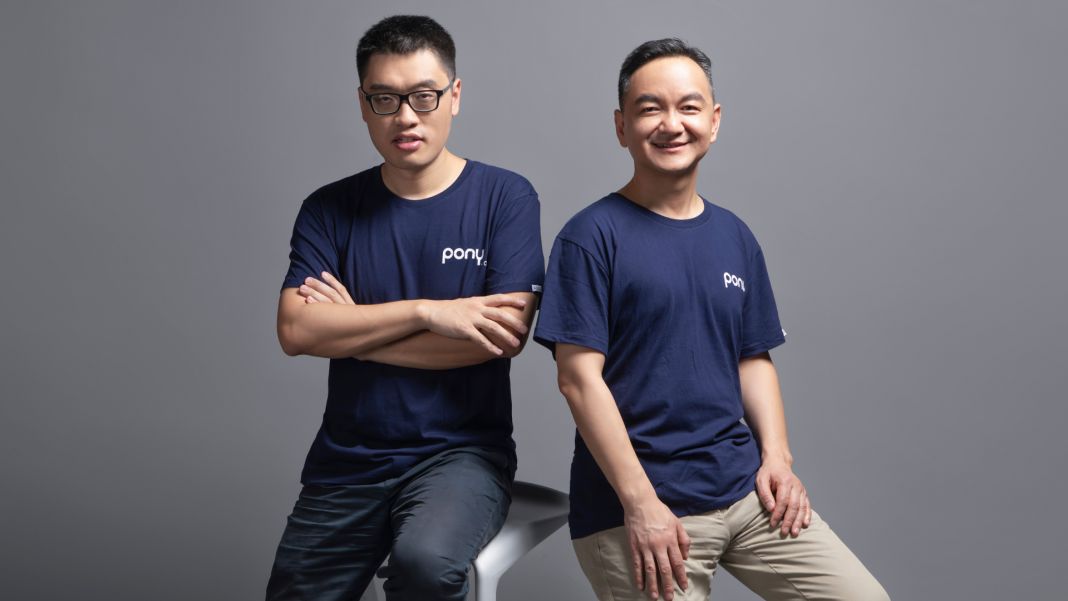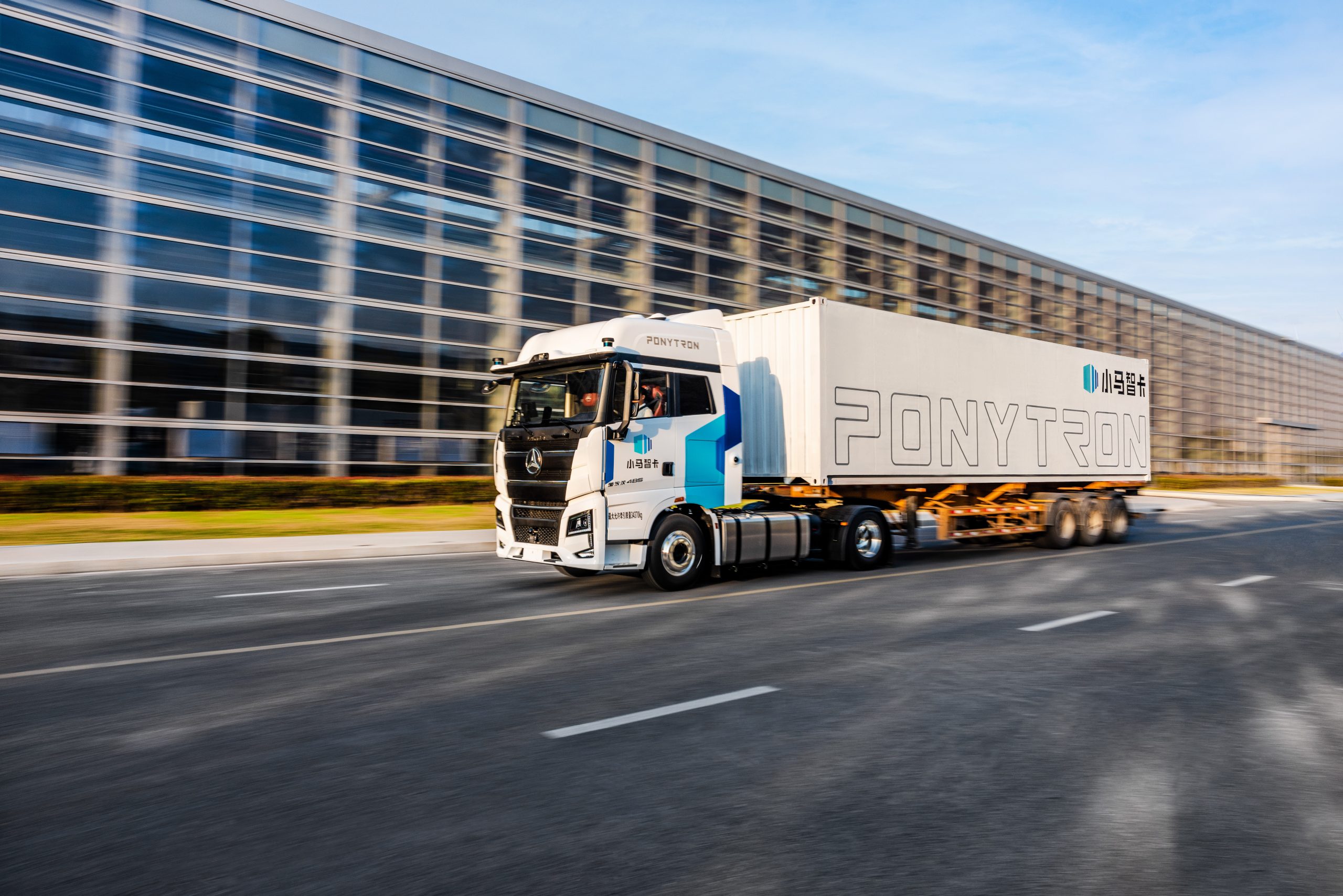Luxembourg is charging into the future of mobility with the launch of its automobility incubator in Bissen. Backed by €40 million in government funding, this cutting-edge hub is set to drive next-generation mobility innovation.
Tourists may mistake Bissen for just another scenic town, convenient for commuting to Luxembourg City or exploring the Guttland region. Yet, beyond its picturesque setting lies a rich industrial history—and now, a high-tech future.
Mentioned in historical records in the Tenth Century, decades before Luxembourg City was founded—Bissen has long been an industrial hub. It was home to early ironworks and blast furnaces, later acquired by ArcelorMittal, the world’s largest steelmaker.
Following WWII, multinational corporations turned their attention to the region. In 1951, US tyre giant Goodyear established its first European factory in neighboring Colmar-Berg, marking a new era in Luxembourg’s industrial evolution. At the time, Goodyear employed 330 locals and produced 500 tyres per day.
“Goodyear’s Luxembourg innovation centre is one of just two worldwide designing cutting-edge products that have set industry standards.”
Today, Goodyear’s Luxembourg innovation centre is one of just two worldwide designing cutting-edge products that have set industry standards. Collaboration with startups and scale-ups is central to its innovation strategy.
As a founding partner of the automotive campus, Goodyear is already present at Bissen’s automobility campus and plans to consolidate 350 employees there by 2026. Managed by Technoport, the campus is designed to build an autonomous driving ecosystem, offering 2,100m² of office space and 400m² of R&D workshops. It aims to attract startups, research bodies, and industry leaders to build a thriving innovation hub.
European Living Laboratory for Autonomous Vehicles
The site will be a launchpad for breakthrough projects. But it’s more than just a business hub—the development of EV and driverless technology also aligns with Luxembourg’s commitment to smart, sustainable growth and CO2 reduction goals.
In 2023, Luxembourg’s CSV-DP government introduced a holistic strategy for automated and connected driving, positioning Luxembourg as a European living laboratory for autonomous vehicles. A major step in this direction came in March 2024, when Economy Minister Lex Delles signed a Memorandum of Understanding with Pony.ai, a global leader in autonomous vehicle technology and one of the campus’s first tenants.
Founded in 2016 by Dr. James Peng (CEO) and Dr. Tiancheng Lou (CTO), Pony.ai has built a strong reputation for its Virtual Driver technology, advancing autonomous mobility worldwide.
The company was among the first in China to secure licences for fully driverless Robotaxi operations in all four Tier-1 cities—Beijing, Shanghai, Guangzhou, and Shenzhen. To date, its autonomous fleet has logged nearly 40 million kilometres on open roads worldwide.
Pony.ai’s success is driven by the rapid adoption of electric vehicles, AI-powered software, cutting-edge hardware, and progressive regulations. And the company thrives on strategic partnerships to scale its driverless mobility solutions.
Scaling Up: From China to Europe
Luxembourg provides Pony.ai with a strategic entry point into the European market. The company is developing a high-tech R&D centre focused on adapting its technology to European roadways, regulations, and consumer needs.
In October 2024, Pony.ai’s European division signed an MoU with local transport provider Emile Weber, marking a major step toward developing and deploying autonomous vehicles for public use in Luxembourg.
“Luxembourg’s compact size and advanced 5G network position it as a natural hub for autonomous driving innovation.”
Luxembourg’s compact size and advanced 5G network position it as a natural hub for autonomous driving innovation. Adding to this momentum are cutting-edge mobility projects from the 360Lab at the University of Luxembourg’s Interdisciplinary Centre for Security, Reliability, and Trust (SnT), which, in 2022, successfully demonstrated an autonomous car navigating live traffic in the capital. And, with the EU’s January 2025 action plan reinforcing its commitment to smart, clean, and connected vehicles—while refining the regulatory framework for autonomous driving—the timing couldn’t be better.
Meanwhile, the Bissen campus is rapidly expanding, yet with a long-term capacity for 4,000 people, it still offers ample space for new players looking to establish their development centres in Europe.

This article was published in the 5th edition of Forbes Luxembourg magazine.
Read more articles:
Créer un pont entre les cultures avec le luxe
From Schengen To The World: Rolf Sorg and The Rise Of PM-International
LetzToken lance le premier marché secondaire en Europe pour les actifs réels tokenisés





